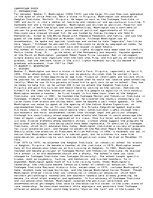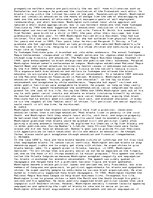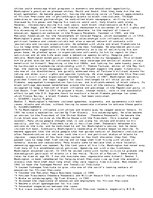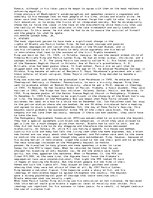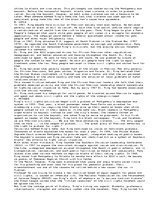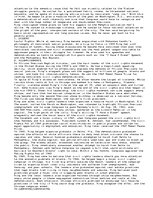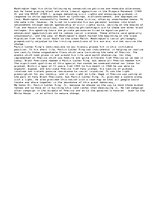I. INTRODUCTION
For decades, Booker T. Washington (1856-1915) was the major African-American spokesman in the eyes of white America. Born a slave in Virginia, Washington was educated at Hampton Institute, Norfolk, Virginia. He began to work at the Tuskegee Institute in 1881 and built it into a center of learning and industrial and agricultural training. A handsome man and a forceful speaker, Washington was skilled at politics. Powerful and influential in both the black and white communities, Washington was a confidential advisor to presidents. For years, presidential political appointments of African-Americans were cleared through him. He was funded by Andrew Carnegie and John D. Rockefeller, dined at the White House with Theodore Roosevelt and family, and was the guest of the Queen of England at Windsor Castle. Although Washington was an accommodator, he spoke out against lynchings and worked to make "separate" facilities more "equal." Although he advised African-Americans to abide by segregation codes, he often traveled in private railroad cars and stayed in good hotels.
Any number of historic moments in the civil rights struggle have been used to identify Martin Luther King, Jr. -- prime mover of the Montgomery bus boycott, keynote speaker at the March on Washington, youngest Nobel Peace Prize laureate. But in retrospect, single events are less important than the fact that King, and his policy of nonviolent protest, was the dominant force in the civil rights movement during its decade of greatest achievement, from 1957 to 1968.
…
